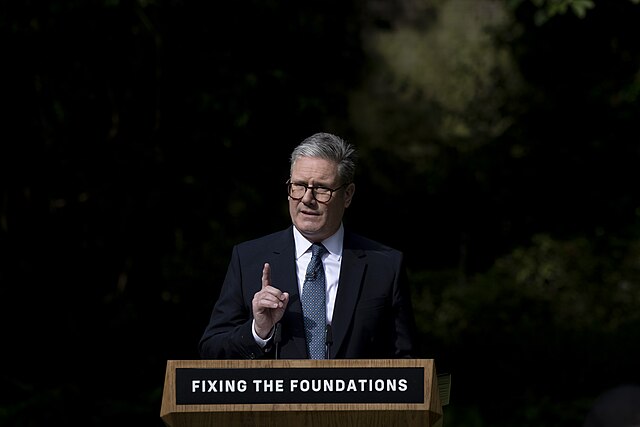
As the number of people reliant on food banks in the UK reaches 3 million, a Sheffield food bank is appealing for ‘healthy’ donations as part of National Nutritional Month.
The focus for this year’s campaign is centred around creating eating habits to support a healthy lifestyle.
Rachel Snow, who works at Burngreave food bank in Sheffield, says: “People shouldn’t have to eat unhealthily just because they don’t have access to food.”
She is encouraging those who donate to read food labels and opt for the healthiest option available. “Sometimes the healthier option might be more expensive, but the nutritional value of this is worth every penny,” Ms Snow says.

‘Hidden’ ingredients such as oil are often highly requested as they are a necessary, yet costly element when cooking a meal. If people can donate healthier, unsaturated oils, that can make a lasting difference to nutrition.
“Many of our clients are living through very stressful times financially, and receiving healthy food that is still familiar and comforting is so important”.
Donna Vanzyl, a dietician at Kingston Hospital, says that the conversation about nutrition for those who are from lower income households is very nuanced as each individual’s living arrangement can vary greatly.
Data has revealed more than 5 million people in the UK are living in appliance poverty, meaning they don’t have basic access to fridges, freezers, washing machines and cookers.
Ms Vanzyl was also keen to point out diversity in the UK means that on top of catering to nutrition, culture must also be taken into account.
Ms Snow agreed, highlighting religious dietary requirements must be considered a priority, on top of nutrition, especially during Ramadan which began on March 10 and runs until April 9. Ms Snow is encouraging those who can to donate suitable options. She says that often tinned meat is not halal so the food bank has to offer vegetarian options.
When choosing long life options Ms Vanzyl advises opting for higher fibre carbohydrates such as brown bread over white, tinned fatty fish, and as much colour from canned vegetables as possible. She says the more colour on the plate, the more micronutrients in the meal, which are essential for a balanced diet.
Ms Snow was keen to reiterate, though, people should not shy away from donating the odd treat too, to lift spirits of some of the hardest working in society.
According to Ms Snow the number of food parcels given out doubled in the last year, and that people often forget what a large proportion of the population are relying on foodbanks.
Though Bunrgreave food bank accepts fresh food donations where they can, they can only do so sparingly due to their lack of facilities, but if those who access the service are concerned about nutrition they can visit local pantries that have fresh food.




